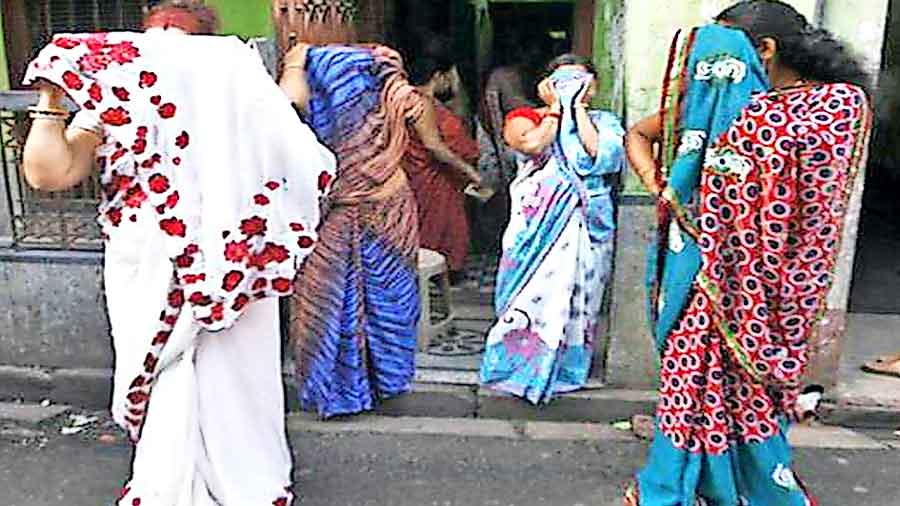In Budhadev Karmaskar vs State of West Bengal, the Supreme Court held that such basic protections as decency and dignity are guaranteed to every individual notwithstanding his/her profession. The order is being hailed for granting new rights to sex workers. But is it too soon to celebrate?
To begin with, the apex court has merely reiterated a well-settled law. Voluntary sex work is not illegal in India. Running brothels, living on the earnings of prostitution of any other person, prostitution in public places and so on are illegal under the Immoral Traffic (Prevention) Act, 1956.Sex work per se is not prohibited by the ITPA but its provisions render it impractical.
The Supreme Court constituted a panel headed by the senior advocate, Pradip Ghosh, to submit a report on the prevention of trafficking, rehabilitation of sex workers and implementing conditions conducive to sex workers’dignity under Article 21 of the Constitution. The panel made 10 recommendations to secure the rights of transgenders,sensitise authorities, and spread public awareness. The Centre has objected to four of these recommendations, each of which deals with substantive rights — the police must not take action if a sex worker is an adult and has consented;the police should refrain from arresting sex workers as sex work is not illegal; governments should include sex workers in the policy-making process; and children of sex workers should not be separated on account of their profession. A study conducted by Sangram revealed that the police often use the law to justify violence, raids and extortion.Significantly, the authorities assume that sex workers need to be rescued even though 79 per cent of sex workers say they are engaged in sex work voluntarily. Even if voluntary sex work was illegal in India, such prohibition would have been ultra vires. It must be mentioned that K.S. Puttaswamy vs Union of India safeguards the constitutional right to privacy, which encompasses the right to sexual privacy.
Furthermore, the State indirectly discriminates against transgenders. According to a study by the National Aids Control Organisation across 17 states,62 per cent of transgenders engage in sex work. The police routinely accuse LGBTQIA+ members of sex work. The absence of substantive safeguards for sex workers disproportionately affects transgenders.
Section 6 of the ITPA presumes,unless proved to the contrary, that a person has detained a child if he/she is found with a child in a brothel.The authorities are under statutory obligation to separate the child from the parent.Detailed guidelines are required to protect not only the rights of the parent but also of the child.
The reservations of the central government make it clear that decision-making is based on societal morality as opposed to constitutional morality. A fundamental element of constitutional morality demands that allegiance to the Constitution should not reflect societal belief and that the outcome of the process may vary from what the citizens envisage. Thus, while societal norms may be against voluntary sex work, the State cannot unreasonably interfere with the sexual autonomy of sex workers.
Lastly, the government ought to regard the fundamental principle of representative democracy and facilitate public participation in policy-making. In Rajeev Suri vs Union of India, the court opined that public participation is not limited to universal suffrage but includes participation in the decision-making process while balancing administrative efficiency. The involvement of sex workers in framing schemes and policies for them would improve their condition by taking into account the problems faced by the community. For instance,the court ordered UIDAI to issue Aadhaar cards to sex workers by relaxing norms for proof of residence as had been suggested by sex-workers’ organisations. It is imperative that the Centre accepts the four recommendations that safeguard the substantive rights of the sex workers.
(Prakhar Raghuvanshi is a student at National Law University, Jodhpur)











